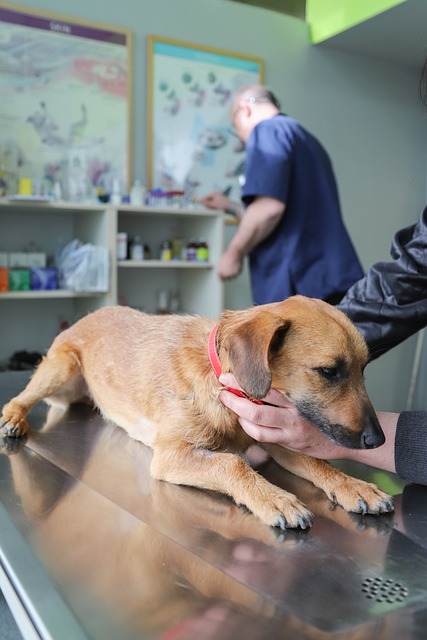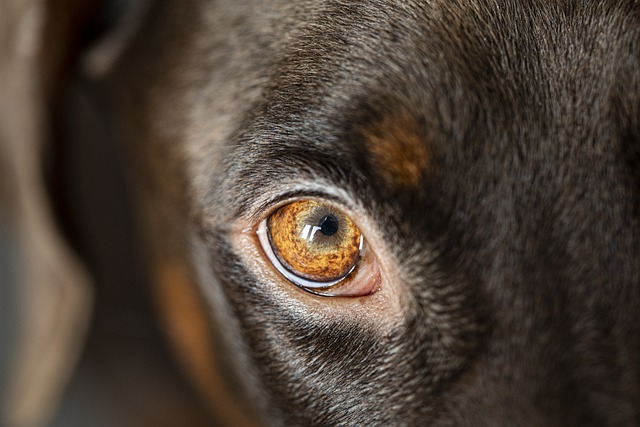If you are a dog owner, you probably want to keep your furry friend healthy and happy. One of the most important ways to do that is to make sure they get the right vaccinations at the right time. Vaccinations protect your dog from serious and potentially fatal diseases, such as rabies, parvovirus, distemper, and more. But what are the different types of vaccinations, when should your dog get them, and how often? Here is a complete guide to dog vaccinations: what, when, and how.
What are dog vaccinations?
Dog vaccinations are injections that contain a weakened or killed form of a disease-causing agent, such as a virus or a bacterium. When your dog receives a vaccination, their immune system recognizes the agent as foreign and produces antibodies to fight it. This way, if your dog is ever exposed to the same agent again, their immune system will be ready to defend itself. This will prevent or reduce the severity of the disease.
There are two main types of dog vaccination: core and non-core. Core vaccinations are those that every dog needs and include the rabies vaccine and the combination DHPP vaccine that protects against distemper, adenovirus, parainfluenza, and parvovirus¹. Non-core vaccinations are those that are recommended based on your dog’s lifestyle, location, and risk factors. Some examples of non-core vaccinations are bordetella (kennel cough), leptospirosis, Lyme disease, and canine influenza.
When should your dog get vaccinated?
The timing and frequency of dog vaccinations depend on several factors, such as your dog’s age, health, breed, and exposure to other dogs. However, there are some general guidelines that you can follow to ensure your dog gets the protection they need.
- Puppies need a series of vaccinations starting from 6 to 8 weeks of age until 16 to 18 weeks of age. They should receive the DHPP vaccine every 3 to 4 weeks until they are at least 16 weeks old. They should also receive the rabies vaccine at 12 to 16 weeks of age, depending on local laws and regulations. Puppies may also need some non-core vaccinations, such as Bordetella and leptospirosis, depending on their risk of exposure.
- Adult dogs need booster shots to maintain immunity. They should receive the DHPP vaccine every 3 years and the rabies vaccine every 1 to 3 years, depending on the type of vaccine and local laws and regulations. Adult dogs may also need some non-core vaccinations, such as Lyme disease and canine influenza, depending on their lifestyle and location.
- Senior dogs may need more frequent vaccinations, especially if they have a weakened immune system or chronic health conditions. They should receive the DHPP vaccine every year and the rabies vaccine every 1 to 3 years, depending on the type of vaccine and local laws and regulations. Senior dogs may also need some non-core vaccinations, such as Bordetella and leptospirosis, depending on their risk of exposure.
How should your dog get vaccinated?
The best way to ensure your dog gets the right vaccinations at the right time is to consult your veterinarian. Your veterinarian can assess your dog’s health, lifestyle, and risk factors and recommend the most appropriate vaccination schedule for them. Your veterinarian can also monitor your dog for any adverse reactions or side effects after vaccination and provide any necessary treatment or advice.
Some of the common side effects of dog vaccinations are mild and temporary, such as soreness, swelling, or redness at the injection site, fever, lethargy, or loss of appetite. However, some dogs may experience more serious or rare reactions, such as allergic reactions, vomiting, diarrhea, seizures, or autoimmune disorders. If you notice any signs of distress or discomfort in your dog after the vaccination, contact your veterinarian immediately.
Conclusion
Dog vaccinations are essential for your dog’s health and well-being. They can prevent or reduce the risk of many serious and potentially fatal diseases, such as rabies, parvovirus, distemper, and more. By following the guidelines above, you can ensure your dog gets the right vaccinations at the right time and stays healthy and happy for years to come.




